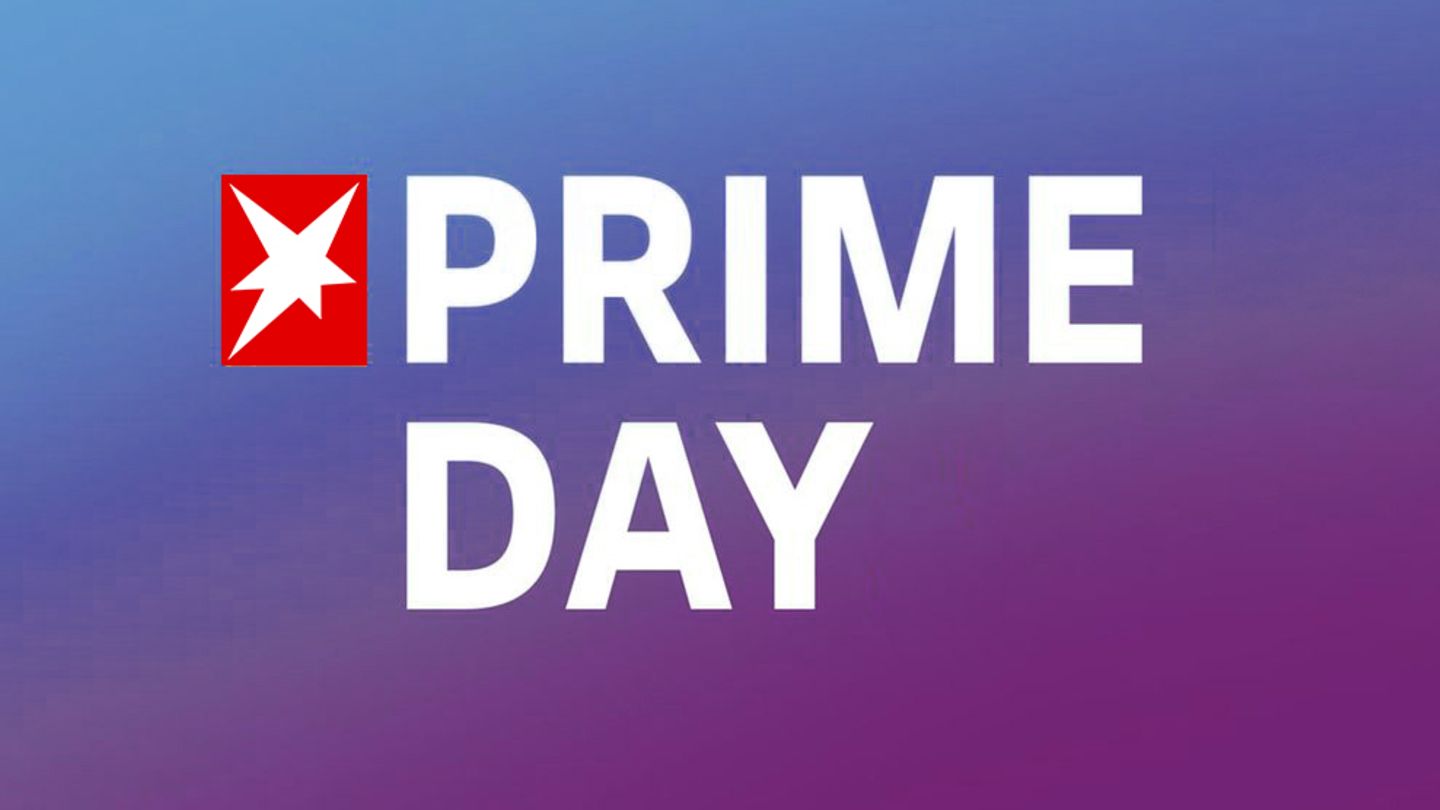In his war against Ukraine, Kremlin leader Putin has no use for unrest in his own country. This is also why he sees external enemies behind the anti-Jewish violence in the Russian republic.
Around 20 people were injured in unprecedented anti-Jewish violence against the backdrop of the Gaza conflict in Russia’s predominantly Muslim North Caucasus.
Angry people broke into the airport in the capital Makhachkala in the republic of Dagestan when a plane from Israel arrived there on Sunday. As seen on videos, they stormed into the building and onto the airfield. Russian investigators spoke of “pogroms.”
Passengers reported being pelted with stones. The police fired warning shots. The attacks caused international consternation.
According to authorities, there were around 60 arrests. Police officers are also among the injured. Israel and the USA condemned the riots. The federal government in Berlin demanded that Russia ensure the safety of Jewish citizens. According to the authorities, there were also actions against Jews in other predominantly Muslim regions in the North Caucasus. Flights from Tel Aviv have now been redirected to other Russian airports in safe regions.
The head of the Dagestan Republic, Sergei Melikov, condemned the violence against the defenseless passengers from Tel Aviv, who had done nothing wrong. There are said to have been 45 passengers on board the plane, including 15 Israelis. Women with children who were in Israel for medical treatment were insulted and attacked for no reason, said Melikov, who went to the airport.
“All Dagestanis pray for peace in Palestine”
There is no justification for the violence, even if the suffering of the victims caused by the violence in the Palestinian territories upsets people. “All Dagestanis pray for peace in Palestine,” Melikov said. At the same time, the region’s Islamic clergy also took a stand against the violence: “Anti-Semitism has no place in the multi-ethnic North Caucasus.”
Known blame
Melikov accused Russia’s “enemies” of calling for protests in Dagestan and inciting people to violence. He spoke of such calls in pro-Ukrainian channels on Telegram. Russia, which has been waging a destructive war of aggression against Ukraine for more than 20 months, has repeatedly accused Kiev of attempting to destabilize the situation in the country. According to the Russian power apparatus, Ukraine wants to force Moscow to redirect its resources used for the invasion of the neighboring country.
In Kiev, former Moscow opposition politician Ilya Ponomaryov, who is fighting from Ukraine against Russia’s war of aggression, denied having anything to do with the Telegram channel “Utro Dagestana” (German: Morning in Dagestan).
He left last year and the channel is under free control. At the same time, he admitted that Islamists from Dagestan had asked him for support last year in the fight against the Russian war against Ukraine and against the mobilization of Dagestan soldiers.
In the multi-ethnic region, where protests can sometimes be ignited almost as if with a match, there were mass actions last year against forced conscription into military service. As is so often the case when things go wrong in the Caucasus, Russian authorities quickly point to the culprits abroad. This is also why the Russian power apparatus spoke of a provocation from outside in view of the violence in Makhachkala. The Kremlin accused the West of attempting to destabilize.
Kremlin: Foreign countries are to blame
Against the background of television images of the “horror” in the Gaza Strip, it was “very easy to abuse the situation, to provoke it, to upset people,” said Kremlin spokesman Dmitry Peskov. Kremlin chief Vladimir Putin scheduled a meeting with representatives of the government and the security apparatus for Monday evening. Peskov said it was obvious that the riots were caused by foreign interference. It’s about “the West’s attempts to use the situation in the Middle East to cause a split in Russian society.”
The Kremlin spokesman did not mention that after the outbreak of the Gaza war, many of Moscow’s military bloggers, who have been promoting Russia’s war of aggression against Ukraine for 20 months, had also created a mood against Israel.
Peskov recalled that last week the president brought together Russia’s religious leaders amid possible tensions between people of different faiths. With regard to the situation in the Middle East, Putin called for peaceful coexistence.
The Russian leadership had declared its solidarity with the people of Gaza, called on Israel to abandon the ground offensive and emphatically called for the establishment of an independent Palestinian state. At the same time, Russia emphasized that Israel’s right to exist must be guaranteed through security guarantees. Kremlin chief Putin pointed out the many Russians in Israel; There is also a lively Jewish life in Moscow. The Russian Foreign Ministry, which recently welcomed representatives of the Islamist Hamas in Moscow, is also offering itself as a mediator in the conflict.
Kyiv: Anti-Semitism in Russia
In Ukraine, however, the leadership around President Volodymyr Zelensky complains about anti-Semitism that is deeply rooted in Russian society. The secretary of the National Security and Defense Council of Ukraine, Olexiy Danilov, wrote on the X portal (formerly Twitter) that the events in Makhachkala were a consequence of Putin’s policies: “Dictatorship, fascism and Russian Nazism always go hand in hand with anti-Semitism.”
He sees Hamas’ Russian receptions, Putin’s “dirty jokes about Jews” and now the events in Makhachkala as a “growing trend” of an anti-Israel course in Kremlin policy. “Russia equally hates all peoples who choose freedom,” said Danilov.
Source: Stern
I have been working in the news industry for over 6 years, first as a reporter and now as an editor. I have covered politics extensively, and my work has appeared in major newspapers and online news outlets around the world. In addition to my writing, I also contribute regularly to 24 Hours World.




